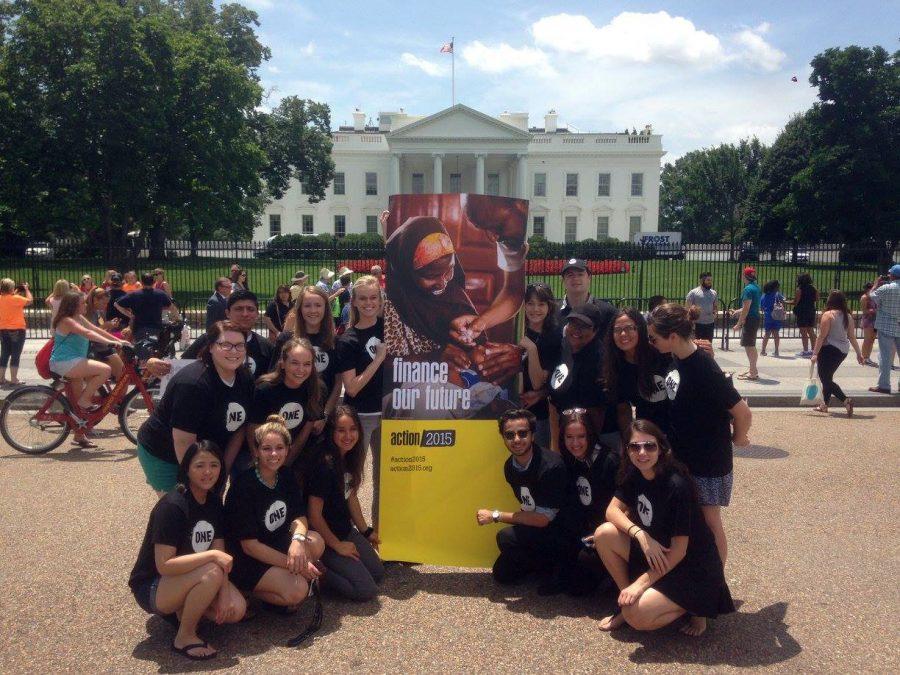ONE is a non-profit organization that works to help the needs of Africans who are fighting disease while constricted to poverty. The campaign also focuses on improving maternal and child care, transparency, energy and development assistance. It does not focus on fundraising or implement programs on the ground, but more on global advocacy and awareness.
There are also 150 ONE college chapters across the country. Moran started the one at The University of Alabama in 2013.
“Within the campus program, each chapter has their own challenge packet at the beginning of each semester, in which we talk about the specific issue that we are focusing on,” Moran said. “Last year we focused on transparency within foreign funding and World AIDs Day. One issue we have been working on a lot is energy poverty; seven out of 10 people living in Sub-Saharan African do not have electricity. Last year the ONE campaign helped introduce a bill called the ‘Electrify Africa ACT,’ in which would focus on building electricity programs within the African continent.”
From July 5-9, Moran was the only student to represent a university from the South. During the session, the board discussed which things worked on each board member’s campus and what did not work. It discussed due process regarding the “Electrify Africa Bill,” as well as campaign development within each institution. The Student Advisory Board was also able to meet with members of Congress. Moran is taking part in an internship for the ONE campaign this summer in Washington D.C., as well.
“People all over Africa are facing high electricity prices and reliability,” Moran said. “There are a lot of power outages and there is not sustainable energy present due to the lack of infrastructure. We really think we can help. The United States finished electrifying even the most rural parts of the country back in the 60s, so we have over 50 years of experience with all the trouble shooting and fixing what has gone wrong.”
Moran said she found similarities between the UA ONE chapter and the chapter at the University of Michigan.
“Our campuses [Michigan and Alabama] are similar because they are both large state schools with strong football programs,” Moran said. “Our ONE chapters work within this culture by engaging greek life and using rivalries to our advantage. The University of Michigan and Michigan State University both have ONE campus chapter, and in the week leading up to their rivalry game, the chapters will raise awareness and advocacy actions by allowing a student to pie someone from the other school in the face if they write a letter to their member of Congress in support of our issues. Auburn also has a pretty strong ONE chapter, so we hope to collaborate with them in some way in the future that celebrates the strength of our schools uniting under the common goals of ending extreme poverty.”
Those interested in getting involved in The University of Alabama’s ONE Campaign can contact the chapter by emailing onecampus.ua@gmail.com.









